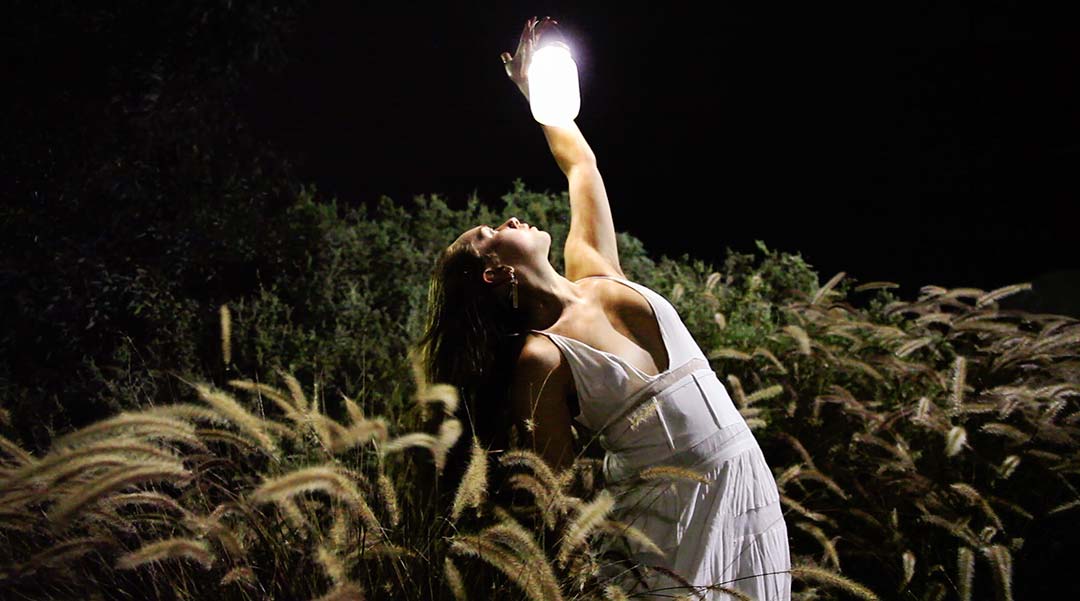
Irihipeti Waretini & Bella Waru
Bats, Moths & Centipedes—What we lose in the dark... is the debut short film collaboration of artists Irihipeti Waretini & Bella Waru. An art film articulating Māori visions through dance, moving portraiture and resonant sound, evoking and expressing how the makers experience and navigate the ‘Dark‘; Spaces of limitless potential, the unknown and the undefined. Bats, Moths & Centipedes is an exploration of the relatedness between us, our animal kin, our environment, our healing, our understanding of ourselves and one another. An insight into the learning and growth that is possible in listening to, witnessing and experiencing nature’s cycles and rhythms.
credits
concept, direction Irihipeti Waretini & Bella Waru
cinematography, sound composition Irihipeti Waretini
cast, movement, sound, costume Bella Waru
graphics Vader Fame
audio description Will McRostie
Irihipeti Waretini is of Ngāti Rangi descent, whose experiences of home and healing on the unceded lands of the Wurundjeri Woiwurrung and Boon Wurrung peoples, determines every aspect of her trans-disciplinary practice. A visual and vocal storyteller, Irihipeti’s mediums include contemporary Māori art, photography, film, soundscapes, live looping, and kōauau (traditional Māori flute). A community cultural development practitioner, Irihipeti curates repositories of Indigenous methodologies and experiences through various collaborations, creative ventures, movement and wellness based practises.
Bella Waru (Ngati Tukorehe, Te Ati Awa) is an eternal student of the creative, performing, healing and martial arts, living and listening on sacred Kulin lands in so-called-australia. Their languages span movement, music, spoken and written word, visual arts and relationality. Waru creates stories and spaces to uplift, protect and nourish the vitality of their communities, ancestors and lands, emerging from and returning to our bodies as vessels of personal, ancestral and earth memory.
